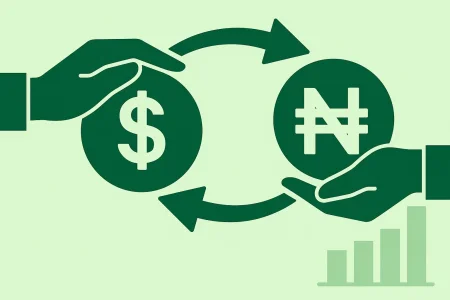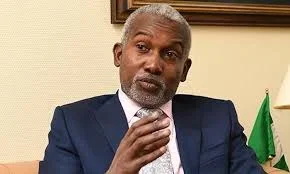
The Central Bank of Nigeria (CBN) has given the green light to a substantial 43 percent increase in import duty rates, sending shockwaves through the nation's business community. This decision, unveiled on Friday, caught importers and trading stakeholders off guard, as the exchange rate for duty collection surged from N951.842 per $1 in December 2024 to a new high of N1356.42.
Expressing disbelief at the development, Dr. Muda Yusuf, the Chief Executive Officer of the Center for the Promotion of Private Enterprises (CPPE), voiced concerns about the potential repercussions of this decision on the already struggling economy. Yusuf questioned the advisability of such actions and highlighted the compounded challenges facing businesses.
"I am shocked at the development. I mean, with all this suffering, with all these costs, we have not recovered from the unification of the exchange rate they just did, now another increase in duty," remarked Yusuf. He predicted a domino effect on various economic sectors, anticipating a significant rise in the cost of transportation, shipment, and clearing, which could slow down activities in the maritime sector.
Yusuf cautioned against further upward revisions in the exchange rate for import duty computation, fearing devastating consequences for both the economy and its citizens. The recent drop in the volume of imports only adds to the concerns, with Yusuf foreseeing a more challenging trade environment due to the combined impact of sharp depreciation and increased import duty.
Former Executive Secretary of the Nigerian Shippers Council, Mr. Hassan Bello, echoed these sentiments, emphasizing the widespread implications of the exchange rate's velocity on every sector of the economy. Bello stressed the need for the country to shift towards exporting more than importing as the Naira continues to depreciate against the Dollar, foreseeing a decline in importation.
As businesses and experts grapple with the aftermath of this unprecedented move, concerns linger over the potential economic slowdown, increased costs, and the broader impact on Nigeria's trade relationships. The CBN's decision to raise import duty rates by 43 percent has sparked a wave of uncertainty, prompting a reassessment of strategies and policies to navigate the challenging economic landscape ahead.



